
The Goya Awards are Spain's main national annual film awards. They are presented by the Academy of Cinematographic Arts and Sciences of Spain.
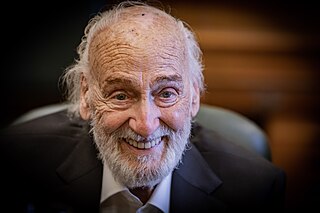
Héctor Benjamín Alterio Onorato is an Argentine theatre, film and television actor, well known both in Argentina and Spain.

The following is an alphabetical list of topics related to the Argentina.

Los Amores de Kafka is a 1988 Argentine romantic biographical film directed by Beda Docampo Feijóo and written by Juan Bautista Stagnaro. Starring Cecilia Roth.
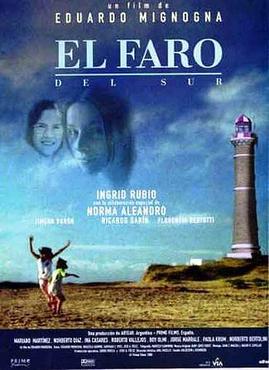
El faro is a 1998 Argentine-Spanish drama film directed by Eduardo Mignogna. The film is also known in Spain as El faro del Sur.

18-j is a 2004 Argentine docudrama film. The motion picture is a collection of ten, ten-minute shorts, by ten Argentine directors. The film focuses on the July 18, 1994, bombing of the AMIA Building in Buenos Aires, where 86 people were killed and 300 others wounded. The perpetrators were never caught. AMIA is the Argentine Israelite Mutual Association, a charity, and the attack is considered the largest single incident of terrorism against Jews since World War II.
Me First is a 1964 Argentine drama film directed by Fernando Ayala, and written by Héctor Olivera and Luis Pico Estrada. It was entered into the 1964 Cannes Film Festival.
State of Reality is a 1984 Argentine historical drama film directed by Alejandro Doria and starring Luis Brandoni, Darío Grandinetti and Lito Cruz. The film won the 1985 Silver Condor Awards for Best Film, Best Director, Best Original Screenplay and Best Supporting Actress.
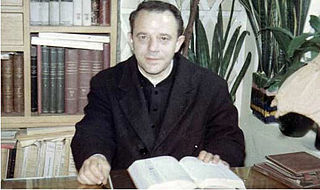
José Mario Pantaleo was an Italian priest who lived most of his life in Argentina. He is known as Padre Mario. He was well known for the healings of thousands as well as for the construction of a foundation in González Catán, Buenos Aires Province, which includes, among other things, free health care and education up to college level.
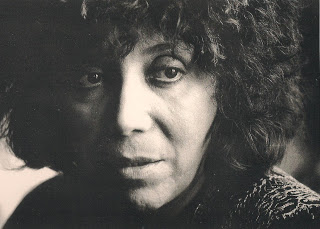
Aída Bortnik was an Argentine screenwriter, nominated for an Academy Award for her work in the film La historia oficial (1985). She has the notable distinction of having written the screenplay for both the first Argentine film nominated for an Academy Award and the first Argentine film to win an Academy Award.

Duilio Marzio was a well-known Argentine cinema and theatre actor.
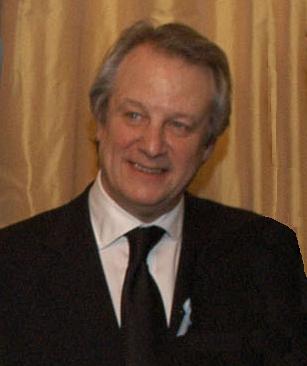
Jorge Marrale is an Argentine actor.

Luisa Vehil was an Uruguayan theater and movie actress who had a notable career in Argentina. She was an iconic figure in the Argentine theatre scene.
El Sur is a 1990 TV movie written and directed by Carlos Saura and is a chapter in the Spanish TV series Los Cuentos de Borges. Saura's 55-minute film is based on the short story El Sur by Argentine author Jorge Luis Borges.
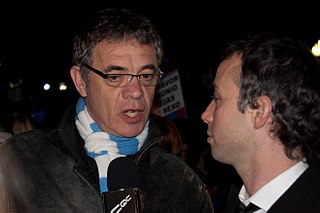
Jean Pierre Noher is a French-born Argentine actor.
Events from the year 1940 in Argentina
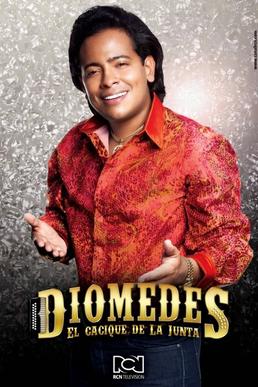
Diomedes, el cacique de la junta is a 2015 Colombian telenovela produced and broadcast by RCN Televisión. It is based on the life of Diomedes Díaz Maestre, its highest rating was 16.5 rating people and so far averaging 13.5 rating people in the 9:00PM schedule. Since its release, it becomes the country's most-watched telenovela this year.

El marginal is an Argentine crime drama television series created by Sebastián Ortega and Adrián Caetano through Underground Producciones for the channel Televisión Pública. Its first season, consisting of 13 episodes, starred an ensemble cast featuring Juan Minujín, Nicolás Furtado, Claudio Rissi, Gerardo Romano, Martina Gusmán, Carlos Portaluppi, Abel Ayala, Brian Buley, Daniel Pacheco, Marcelo Peralta, Emanuel García, Jorge Lorenzo, Mariano Argento, Gerardo Otero, Adriana Salonia, Maite Lanata, and Aylin Prandi, and was broadcast from 2 June to 8 September 2016, later becoming available on Netflix on 7 October 2016. It received the Golden Martín Fierro award, a Tato award, a Series Mania award, and was also nominated for a Platino Award for Best Miniseries or TV series.
This page is based on this
Wikipedia article Text is available under the
CC BY-SA 4.0 license; additional terms may apply.
Images, videos and audio are available under their respective licenses.












